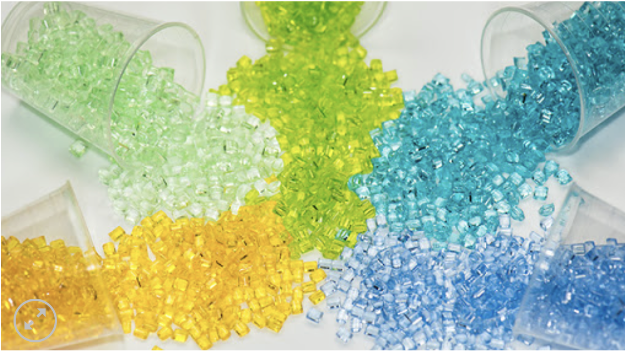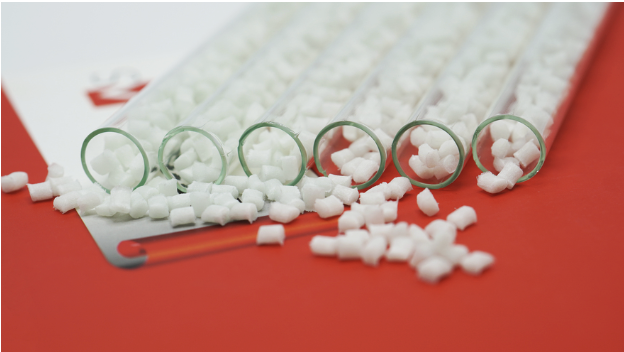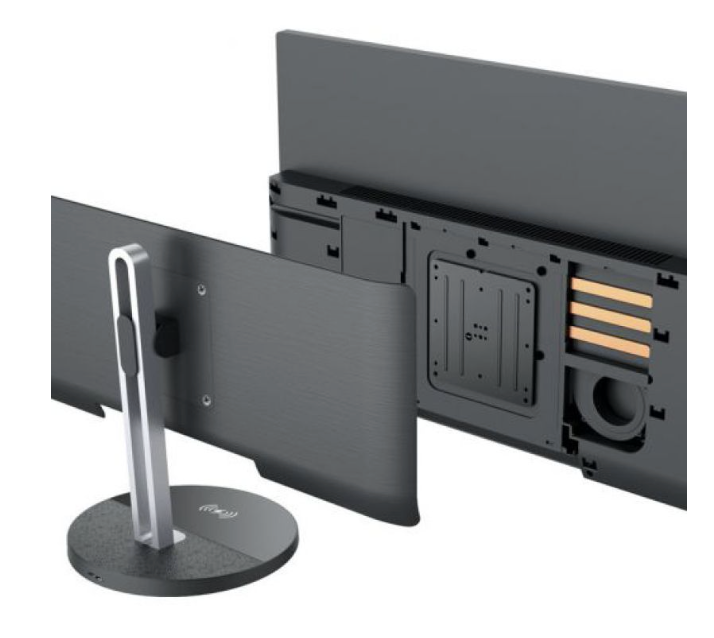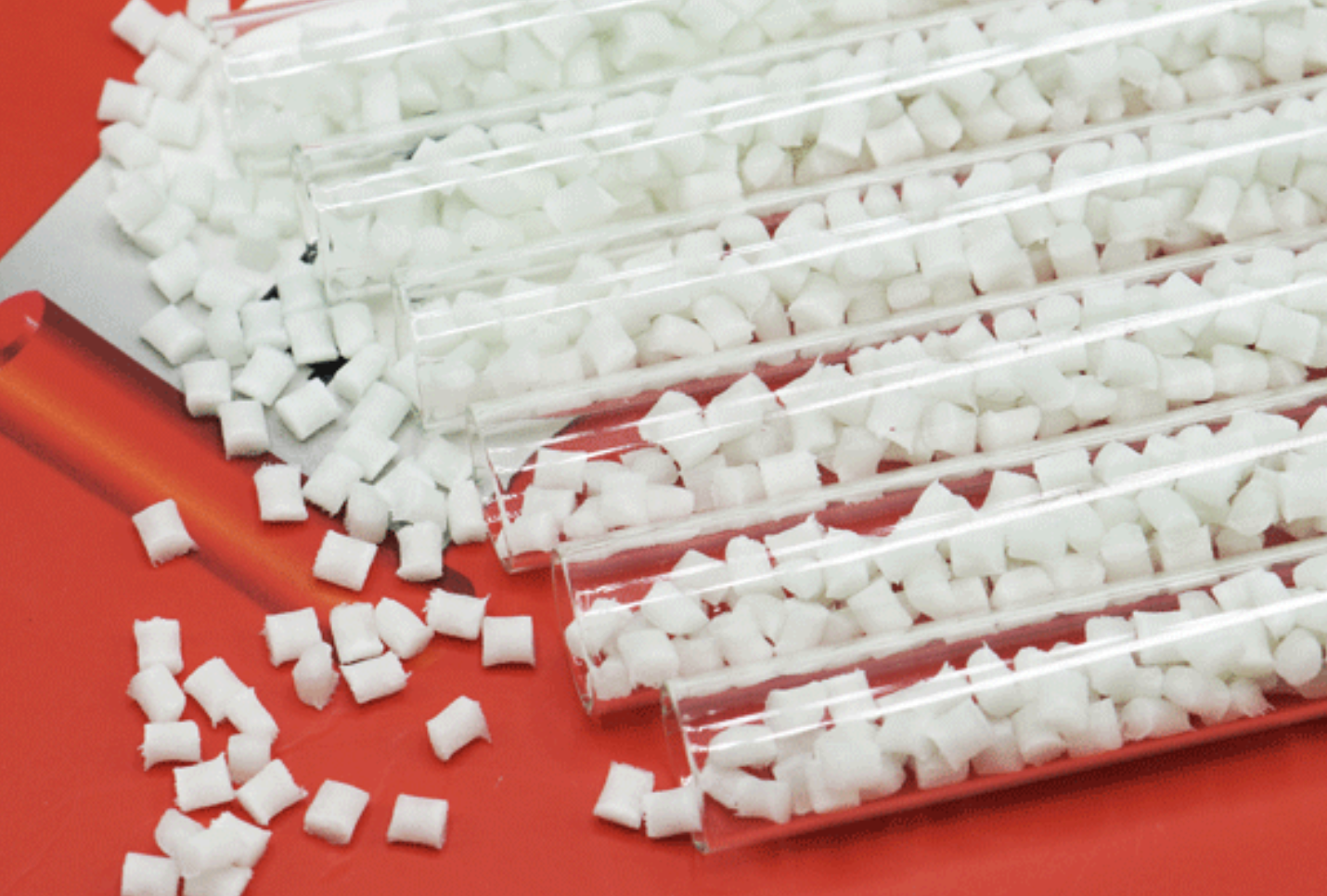PP fiberglass composite is the perfect combination of PP plastic and glass fiber, creating a material with high mechanical strength and good heat resistance. With outstanding advantages in hardness and dimensional stability, PP fiberglass composite is widely used in many industries. This article will help you better understand the characteristics and applications of this material.
1. Overview of Glass Fiber Reinforced Polypropylene Compound
Glass fiber reinforced polypropylene (PP GF) compound is an advanced composite material formed from the combination of polypropylene (PP) and glass fibers, with a content ranging from 10% to 60%. This combination results in a material with superior properties compared to virgin PP. During the production of glass fiber reinforced PP compound, the glass fibers are evenly distributed within the PP matrix, creating a stable and homogeneous structure that significantly improves the mechanical properties of the material.
Currently, the market offers various versions of glass fiber reinforced polypropylene compound, depending on the fiber content. Common types include PP GF20, PP GF30, PP GF40, PP GF50, and PP GF60, where the accompanying number indicates the percentage of glass fiber in the mixture. Each type has its unique advantages and is suitable for specific applications in the industry.
2. Characteristics of Glass Fiber Reinforced Polypropylene Compound

2.1. Superior Strength and Hardness
Glass fiber reinforced polypropylene compound possesses exceptionally high mechanical strength and hardness due to the presence of glass fibers. Technical specifications indicate that this material has a flexural modulus ranging from 4000 to 7200 MPa, which is significantly higher than that of virgin PP. The tensile strength reaches from 60 to 97 MPa, allowing the material to withstand large loads without deformation. Notably, the impact resistance is significantly improved, making the product durable under harsh usage conditions.
2.2. Excellent Heat Resistance
One of the standout features of glass fiber reinforced polypropylene compound is its superior heat resistance. The material can maintain stability at temperatures ranging from 130°C to 138°C without deformation or degradation of properties. This is evidenced by the thermal deformation temperature index in the technical specifications. This high heat resistance expands the range of applications for the material in high-temperature environments.
2.3. High Dimensional Stability
Glass fiber reinforced polypropylene compound can maintain exceptional dimensional stability under various environmental conditions. The low shrinkage rate (only 0.2-0.4%) allows the product to retain accurate dimensions after processing. This stability is particularly crucial in applications requiring high precision, such as in engineering components and machine parts.
2.4. Good Chemical Resistance
The material exhibits impressive chemical resistance and can withstand various solvents, acids, and common bases. This property is enhanced by the presence of glass fibers, which help protect the polymer structure from chemical attack. This chemical resistance makes glass fiber reinforced polypropylene compound an ideal choice for applications in chemical environments.
2.5. Flexibility in Processing
Despite being reinforced with glass fibers, the compound maintains good processability. The material can be processed using traditional injection molding methods with appropriate flow rates (MFR index from 5 to 12 g/10 min). This allows for the production of complex parts with high precision and good surface finish.
3. Benefits of Using Glass Fiber Reinforced Polypropylene Compound
The use of glass fiber reinforced polypropylene compound brings significant benefits in industrial applications. Firstly, this material helps optimize manufacturing costs by producing high-strength products, thus minimizing the need for maintenance and replacement. Although the initial costs may be higher than those of conventional PP, the sustainability and long service life of the products will provide long-term economic value.

In the automotive industry, glass fiber reinforced polypropylene compound is particularly favored for its ability to reduce vehicle weight while ensuring high mechanical strength. This contributes to improved fuel efficiency and reduced greenhouse gas emissions. In the electronics and electrical equipment sector, this material is widely used due to its good electrical insulation and high dimensional stability, ensuring accuracy in high-reliability applications.
Moreover, glass fiber reinforced polypropylene compound demonstrates high flexibility in processing and shaping. The material can be handled using traditional injection molding methods, allowing for the creation of intricately shaped parts while maintaining accuracy and surface quality. This capability opens up numerous possibilities in designing and manufacturing modern industrial products.
With its superior advantages and high applicability, glass fiber reinforced polypropylene compound is increasingly affirming its important role in multiple industries. From automotive manufacturing, electronics, to applications in construction and consumer products, this material significantly contributes to enhancing the quality and production efficiency of many modern industrial products.
4. Applications of Glass Fiber Reinforced Polypropylene Compound
Automotive Industry: Glass fiber reinforced polypropylene compound plays a vital role in producing both interior and exterior vehicle components. This material is widely used for parts such as bumpers, side panels, dashboards, and interior decorative elements. Due to its high heat resistance and excellent durability, products made from glass fiber reinforced polypropylene compound can maintain stable performance under the extreme temperatures found in automotive engines.

Electronics Industry: This sector is also a promising market for glass fiber reinforced polypropylene compounds. The material is applied in manufacturing computer casings, screen frames, household electrical appliances, and many other electronic components. The excellent electrical insulation properties combined with high dimensional stability ensure safety and durability for electronic devices.

Household Appliances Industry: Glass fiber reinforced polypropylene compound is used to manufacture products such as washing machine casings, refrigerators, and kitchen appliances. The impact resistance and high durability of the material help extend the product's lifespan while ensuring aesthetics over time.

5. Conclusion
Glass fiber reinforced polypropylene compound is not only a significant advancement in material technology but also a testament to the continuous innovation within the plastics industry. The unique combination of PP and glass fibers has created a material with superior performance characteristics that meet the stringent demands of modern industries.
With the trend toward sustainable development, glass fiber reinforced polypropylene compound also holds great potential in replacing traditional materials, contributing to reduced environmental impact. Ongoing research and development on glass fiber reinforced polypropylene compounds will continue to open new possibilities.
EuroPlas prides itself on being one of the leading suppliers of glass fiber reinforced polypropylene compound, offering a diverse product range:
- ECP PP 10GF
- ECP PP 20GF
- ECP PP 30GF
- ECP PP 40GF
Each product line is developed based on thorough market research and customer technical requirements. The varying glass fiber content in each product line allows customers to select the most suitable material for their specific applications.

The technical team at EuroPlas not only provides products but also collaborates with customers to optimize production processes and develop products. With extensive industry experience, EuroPlas experts can offer detailed consultations on technical specifications, processing conditions, and quality improvement solutions.
EuroPlas is committed to maintaining the highest quality standards through stringent control processes from the selection of raw materials to production and packaging. An advanced quality management system ensures that each shipment of glass fiber reinforced polypropylene compound meets technical requirements and high stability, contributing to the success of customers in product development.